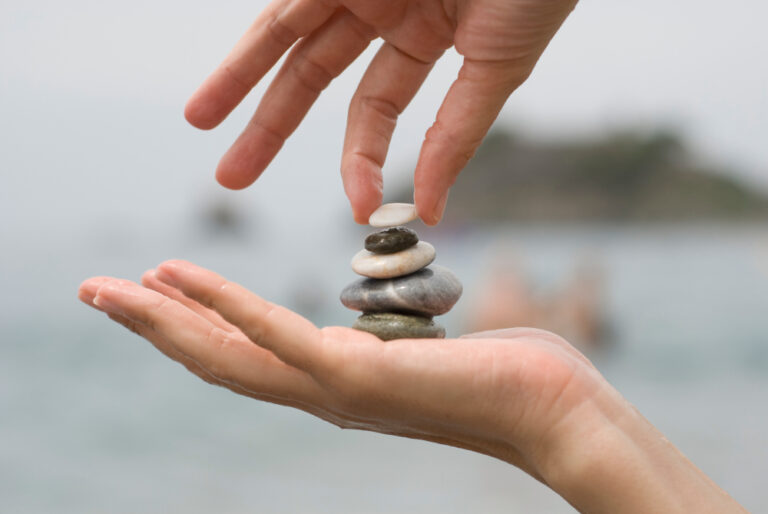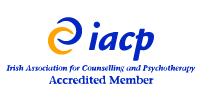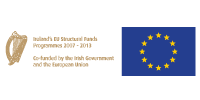Coined from a Greek word, ‘holos’, meaning ‘whole’ or ‘complete’, holistic therapists approach disease and disorders as parts of a greater whole. Rather than treating just the symptoms, a holistic practitioner looks deeper and tries to uncover underlying causes. Holistic counsellors/psychotherapists look at the interconnectedness of the body, mind, and spirit to help facilitate wellness.
It is difficult to pinpoint specific techniques employed by all holistic counsellors/psychotherapists, because they come from different backgrounds, have studied different therapeutic modalities, and even change their methods according to their sense of a client’s needs. A few of the more common types of therapies used by holistic counsellors and psychotherapists include the following which all academic programmes at ICPPD take into consideration at the various stages of programme development, levels of training and education and the learning outcomes and assessment of same so learners receive a holistic learning experience.
Psychotherapy: A trained psychotherapist may use formal techniques as part of a holistic approach to counselling. Many holistic psychotherapists help clients explore the subconscious and unconscious aspects of the self or personality.
Mindfulness is a meditative process that allows an individual to view their own thoughts and behaviour from a compassionate perspective. A holistic counsellor/psychotherapist may give mindfulness instructions to a client.
Focusing is a specific technique that emphasises focusing on a felt body sense and listening to what it needs to “say.” Many other techniques with different names follow similar systems of body awareness.
Art is used for therapeutic purposes, to enhance creativity and/or explore the subconscious and unconscious mind.
These and many other techniques are employed in therapy but the emphasis in holistic counselling/psychotherapy is always on facilitating self-discovery and self-healing. Holistic counsellors/psychotherapists enter a partnership with a client and assist them in accessing their own inner wisdom.
ICPPD’s Level 8 BA (Hons) in Holistic Counselling and Psychotherapy through its many evaluative processes has designed and streamed a cohesive holistic educational programme to meet academic and professional standards. An example of this cohesive holistic perspective is evidenced through the following modules in year 1 and their links and deeper connection with and further learning within modules in year 2 and 3 and 4.
Year 1 – Holistic Approaches, Person – Centred Approach, Cognitive Behavioural Therapy, Personal Development, Group Process and Lifespan Development and the Journey Principle
Year 2 – Gestalt Approach, Psychodynamic Perspectives, Bereavement and Loss Issues and Group Process
Year 3 – Psychosynthesis Psychotherapy, Systemic and Family Systems Approach, and Group Process
Year 4 – Integrative and Humanistic Psychotherapy Approaches, and Trauma and Body Psychotherapy Modules
Woven into the above each year are modules supporting a strong research/ethical component, basic and advanced therapeutic skills and their application, professional development including specific mental health and addiction issues, Clinical Practice/Placement, and in-house supervision, thus manifesting a comprehensive integrative and holistic programme providing knowledge, skills, and competence.
Aims of Programme
This Holistic Counselling and Psychotherapy BA Honours Degree provides learners with a comprehensive understanding of the concepts and theories underpinning the holistic counselling/psychotherapy framework – including the relationship between mind, body, spirit and mental health and overall wellbeing. The transfer of learning – knowledge, skills and competence to clinical setting supported by current research and ethics is the objective.
Holistic counselling and psychotherapy is a unique form of counselling, focused on a person in their entirety; it considers physiological and psychological disorders as parts of a greater whole, and regards the mind, body and spirit as fundamentally interconnected. Holistic counselling is aimed at empowering a client to discover and access their own inner wisdom and healing capacity – and in doing so the counsellor, too, will embark on a remarkable and enlightening journey of self-discovery, personal and professional growth, and academic excellence.
What is Holistic Counselling?
Holistic counselling is all-encompassing approach to exploring life issues, difficult-to-hold emotions, and behaviour patterns, from the perspective of the ‘whole’ person, rather than individual symptoms or situations. What is important is identifying the source of the difficulties and developing an understanding of the origin and what is triggering the issue(s) to surface in your life just now. Everything in life is connected and it is through discovering the source that the present can be elevated and cured. To achieve this, a holistic approach is taken whereby different techniques and Humanistic approaches are explored to identify the source, such as Person-Centred Approach, Gestalt Approach, Transpersonal Therapy, or an Existential Approach. Having knowledge of a wide range of approaches allows a holistic counsellor/psychotherapist to guide clients through a variety of approaches and exercises to reveal the source of the current difficulties. Once discovered and understood, and where needed, perceptions altered and behaviour patterns changed, the source of the difficulties dissolves, leaving the client lighter and in balance with their natural desires and way of being.
One of the fundamental aspects of Gestalt Therapy is its’ commitment to working holistically. This means a Gestalt Therapist see a person as a ‘whole’ being whereby there is an inseparable unity of body, mind, emotions, and spirit in which all function as one whole process. The idea of holism is the belief that the whole is more than the sum of its parts.
This process, of connecting to the body, supports the integration of emotional wounds (past or present) and leads to a fuller sense of wholeness and aliveness. It is as though the body becomes a great source of wisdom and is a way the self, experiences itself. Therefore our ‘bodily beings’ are intrinsic to our relationship to the world and form a base for our contact with the environment from which we can grow.
What is important for any successful holistic counselling is the relationship between the client and the counsellor, honest, truthful, non-judgemental approach, which allows full expression and exploration by the client of their difficulties.








